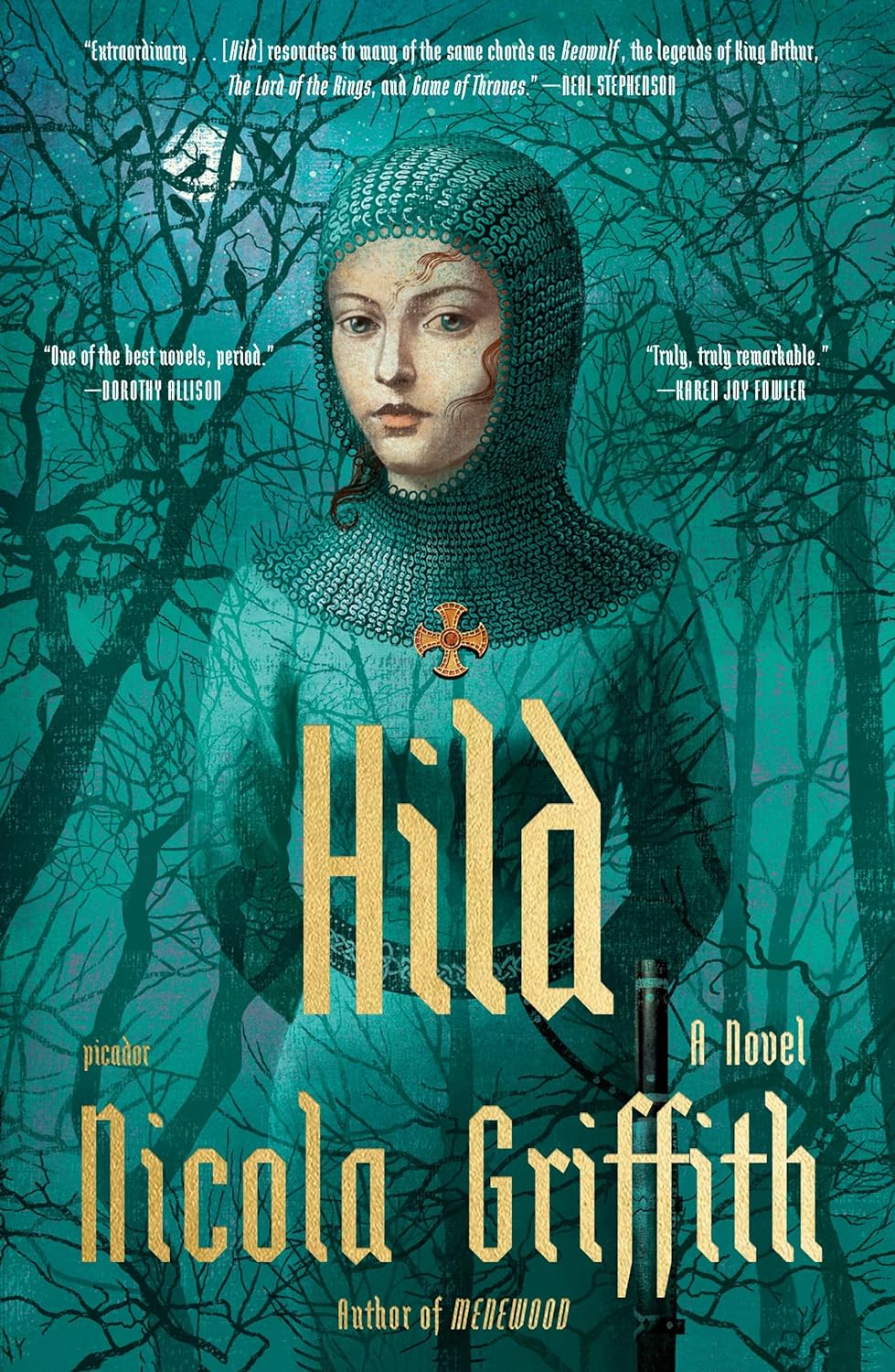Zivan reviewed Hild by Nicola Griffith (The Hild Sequence, #1)
Review of 'Hild' on 'Goodreads'
4 stars
Griffith manages to write about powerful female characters in medieval Britain without resorting to overt anachronisms. Hild is privileged but in a precarious position. She has to keep her wits about her to survive and flourish in Edmond King's court.
Somehow this tail of court intrigue, warlords and Christian domination manages to give the characters and world so much depth, detail and motivation that archetypes such as the corrupt ambitious bishop, the testosterone fueled warrior, the scheming king and even the sooth seer, aren't cringe inducing megalomaniacs, but feel like people.
It is especially impressive how women are shown finding their power in the roles allotted to them.
I found Nicola Griffith in the SF&F section, but I'm not sure this is a fantasy novel. Magic isn't portrayed as real. It is a way for smart people to manipulate the superstitious. Hild is smart and educated in reading the signs …
Griffith manages to write about powerful female characters in medieval Britain without resorting to overt anachronisms. Hild is privileged but in a precarious position. She has to keep her wits about her to survive and flourish in Edmond King's court.
Somehow this tail of court intrigue, warlords and Christian domination manages to give the characters and world so much depth, detail and motivation that archetypes such as the corrupt ambitious bishop, the testosterone fueled warrior, the scheming king and even the sooth seer, aren't cringe inducing megalomaniacs, but feel like people.
It is especially impressive how women are shown finding their power in the roles allotted to them.
I found Nicola Griffith in the SF&F section, but I'm not sure this is a fantasy novel. Magic isn't portrayed as real. It is a way for smart people to manipulate the superstitious. Hild is smart and educated in reading the signs in her environment. She is also a capable healer, but neither she nor any other character have supernatural abilities.
It is a well-researched and wonderfully imagined portrayal of historical Britain.





